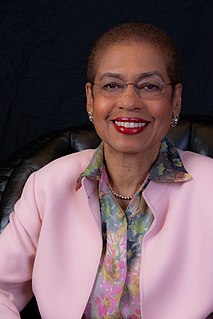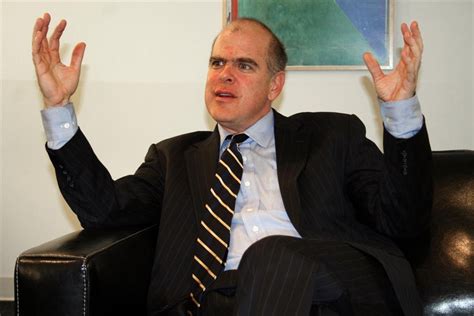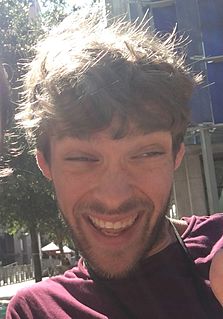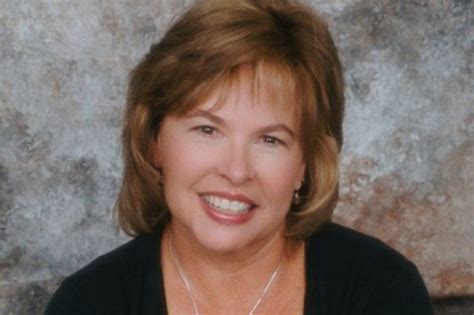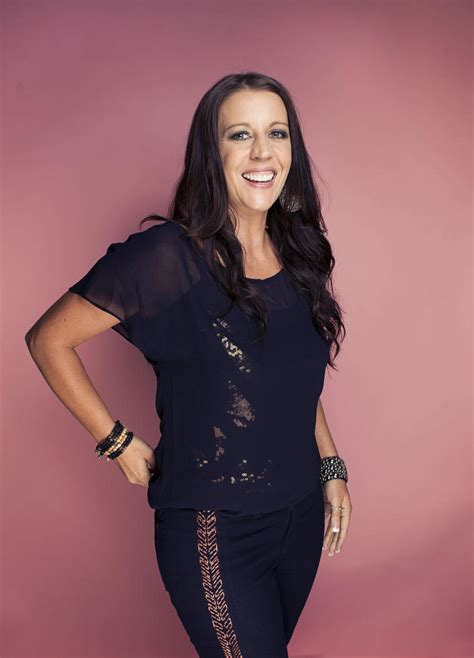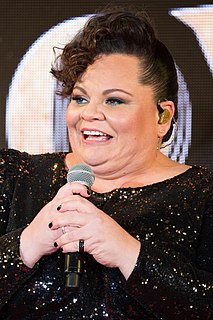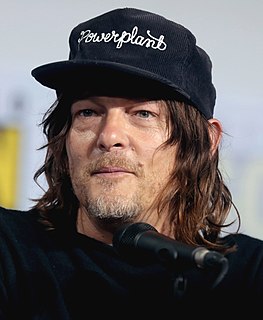A Quote by Cornel West
The problem is that affirmative action could never really get at the issue of corporate power in the workplace, and so you ended up with the downsizing; you ended up with de-industrializing. You ended up with the marginalizing of working people and working poor people even while affirmative action was taking place, and a new black middle class was expanding.
Related Quotes
Affirmative action is the most important antidiscrimination technique ever instituted in the United States. It is the one tool that has had a demonstrable effect on discrimination... Affirmative action, by all statistical measures, has been the central ingredient to the creation of the black middle class.
I think that we need more economic-based solutions to the problems afflicting the Black community, and I think that that's a way to redefine affirmative action. I grew up with poor white people in West Virginia, and I know there's a culture of poverty. I know that I've seen white people perform exactly the same pathological forms of behavior as Black people do when they're systematically deprived, whether it's getting pregnant, doing drugs, dropping out of school, whatever we're talking about. I think that we should have affirmative action for poor white people too.
Sometimes things need to get really bad before they can ever get better. Really bad can become untenable if enough people get sick of it. That was a big thing about why I ended up taking part in that rally [against police brutality] and ended up voicing my opinion and declaring what side I was standing on.
I ended up [doing video] meeting Gillian [Grassie] at the same time that we were getting together a book. We ended up working on it, and she recognized that I had a flair for certain things, and we've worked through it together so that the writing could be really good. It was the perfect partnership, just finding my literary voice and figuring out how comedy translates to the written word.
I think sometimes it's sort of easier to be playing a role based on a real person because there's quite often a lot more information, you're not making it up, it's there in books, it's there in research form. But really the questions you ask about the character, and why people behave, and where they come, and how they've ended up in the places they've ended up are the same.
I followed a girl I met in Japan to Los Angeles and ended up working in a motorcycle store. I quit the job one night, went to a party in the Hollywood Hills and ended up yelling at a bunch of people. Someone saw me yelling and asked me to be in a play. The first night, there was an agent in the audience who took me on and sent me out for jobs.



